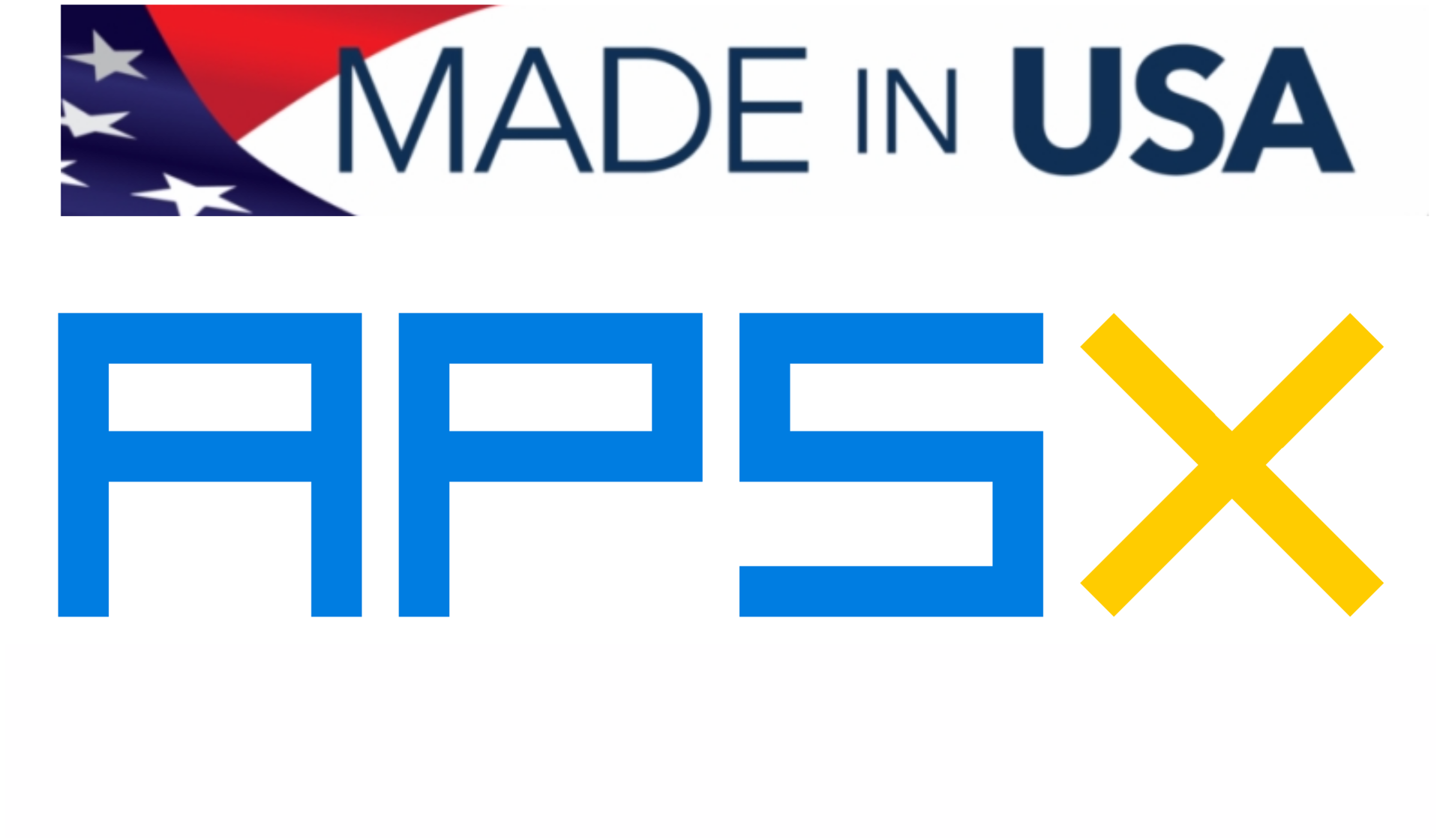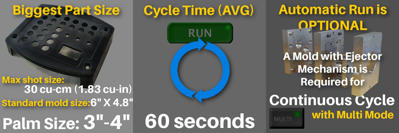APSX machines provide a strategic advantage for manufacturers looking to achieve sustainability and cater to small-batch production, particularly for niche markets. Here’s how they contribute to these areas:
1. Sustainability through Resource Optimization
APSX machines are engineered to support sustainable manufacturing practices by incorporating features that minimize resource consumption and waste generation. Here are the key aspects that enhance sustainability:
- Precision Engineering with Minimal Waste: APSX machines employ advanced CNC machining techniques and high-precision controls that optimize material usage. These machines reduce excess material usage, leading to less waste and more efficient use of raw materials.
- Energy-Efficient Operations: The machines are equipped with energy-efficient drives and smart motor controls that reduce power consumption during idle periods and optimize energy use during production. This efficiency lowers the overall carbon footprint of manufacturing processes.
- Reduced Tooling and Maintenance Requirements: APSX machines often require fewer tool changes and less maintenance compared to traditional manufacturing setups. This results in a lower consumption of consumables and extends the lifespan of parts, contributing to less industrial waste and a more sustainable production environment.
- Support for Eco-Friendly Materials: These machines can handle a wide range of materials, including biodegradable and recycled composites, supporting the use of eco-friendly alternatives. Manufacturers can experiment with sustainable materials without compromising on quality or precision.
2. Small-Batch Production for Niche Markets
APSX machines are particularly well-suited for small-batch production, making them an ideal solution for niche markets that demand high customization and lower production volumes. Here’s how APSX machines help:
- Flexible Production Capabilities: APSX machines are designed with versatility in mind, allowing manufacturers to quickly switch between different product configurations without the need for extensive retooling. This flexibility is crucial for producing small batches of customized products or catering to specific client requirements.
- Cost-Effective for Low-Volume Runs: Traditional manufacturing equipment often incurs high setup costs, making small-batch production economically unfeasible. APSX machines, with their lower upfront costs, modular configurations, and minimal setup requirements, enable manufacturers to achieve profitability even with low-volume runs.
- Shorter Lead Times: With advanced CNC and additive manufacturing capabilities, APSX machines reduce production times and enable rapid prototyping, making it easier to test and validate new designs. This agility is essential for niche markets that value speed and flexibility in meeting unique customer needs.
- Customization with High Precision: Niche markets often require highly specialized products with unique specifications. APSX machines can execute complex geometries and fine detailing with high accuracy, ensuring that even small production runs meet the exact standards of quality and design.
3. Supporting Sustainable Product Development
APSX machines allow businesses to experiment and iterate on sustainable product designs with minimal material investment. This makes it easier for companies to refine eco-friendly product offerings without incurring the high costs typically associated with traditional prototyping and production methods. For manufacturers targeting environmentally-conscious markets, this capability supports the development of products that align with sustainability goals.
4. Enabling On-Demand Manufacturing
In niche markets, demand can be unpredictable and fluctuate widely. APSX machines enable an on-demand manufacturing model, where production is initiated based on real-time orders rather than maintaining high levels of inventory. This approach minimizes overproduction and reduces inventory waste, further contributing to sustainable practices.
#injectionmolding #cncmachining #prototyping #sustainability

